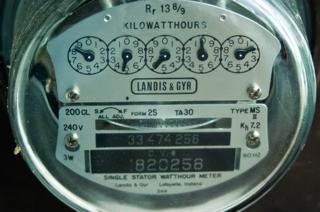 As computers, data centers and mobile devices become more powerful, their energy requirements are likewise generally increasing. Possible solutions to the problem include power-saving sleep modes, devices that keep computers from drawing a current when supposedly turned off, and water-cooled processors.
As computers, data centers and mobile devices become more powerful, their energy requirements are likewise generally increasing. Possible solutions to the problem include power-saving sleep modes, devices that keep computers from drawing a current when supposedly turned off, and water-cooled processors.
EnerJ, a new solution created at the University of Washington, takes a different approach – it supplies less power to regions of the chip that are performing processes that don’t require absolute precision.
In lab simulations, the bit of hardware, which works with any system, has already cut power consumption by up to 50 percent, although that amount could potentially reach as high as 90 percent.
(READ the story in the Gizmag)



















